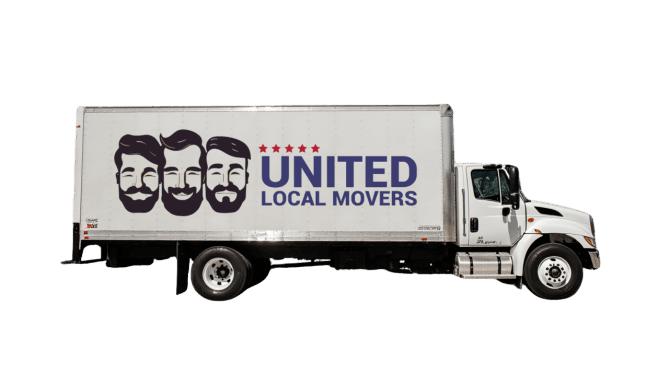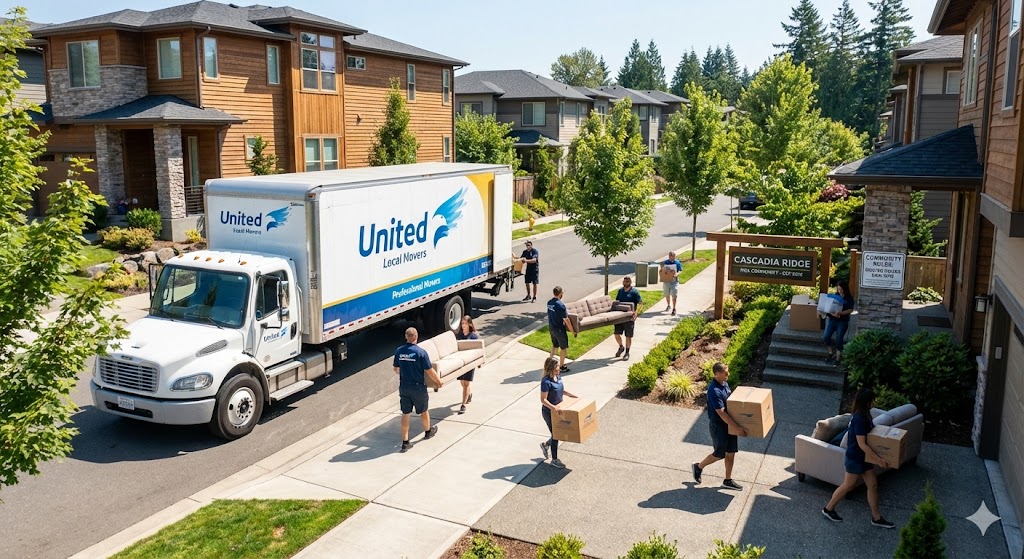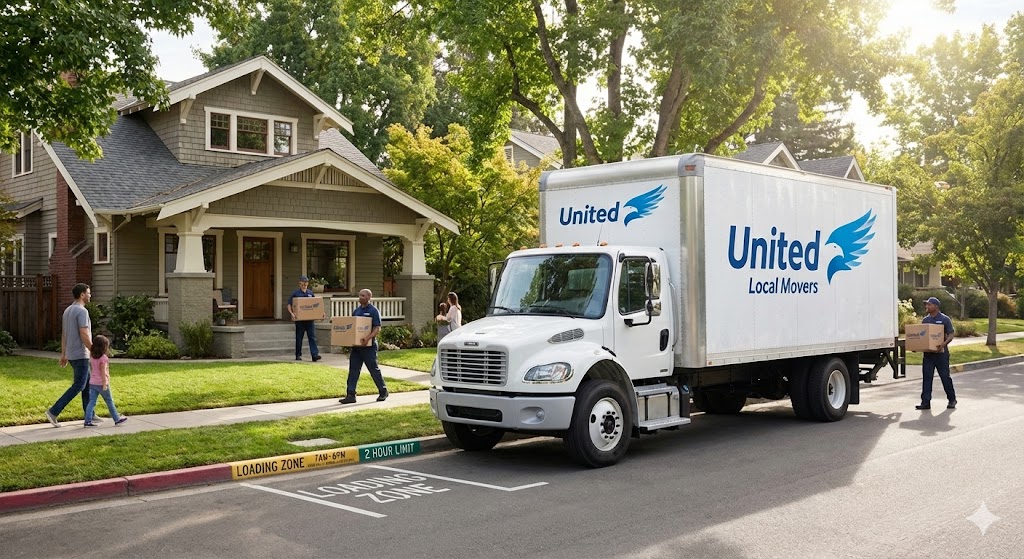Before trusting a company with your belongings, it’s essential to understand whether they are a carrier or a broker and how to verify their legal status. Checking the USDOT and MC numbers through the Federal Motor Carrier Safety Administration (FMCSA) is one of the smartest moves you can make before signing any contract. This guide will help you learn how to perform these checks accurately and protect yourself from hidden risks during interstate relocation.
Why Knowing the Difference Between Carrier and Broker Matters
When booking a long-distance move, not all companies operate in the same way. Some are actual carriers that own trucks and employ moving crews. Others are brokers that only act as middlemen, selling your job to another company. Understanding this difference is crucial because it impacts who will actually handle your belongings, how accountable they are, and what kind of service you can expect.
- Carrier: A licensed moving company that owns equipment, employs crews, and directly handles transportation.
- Broker: A company that books your move and outsources it to a carrier. They don’t own trucks or employ movers.
There’s nothing wrong with brokers when they’re transparent and licensed. But many rogue operators use a broker model to hide their identity and responsibilities. That’s why checking their registration is critical.
Where and How to Check USDOT and MC Numbers
The FMCSA maintains an official online database that allows consumers to verify any interstate moving company’s credentials. Here’s a simple step-by-step process to check:
- Go to the FMCSA Company Snapshot page.
- Enter the company’s name, USDOT number, or MC number.
- Review their profile for key information like status, authority, and insurance.
The most reliable movers will provide this number upfront in their quote or contract. If they hesitate or try to avoid sharing it, that’s a major red flag.
How to Read the FMCSA Company Snapshot
Once you’ve found the company’s record, you’ll see several data fields. Here’s what each one means and why it matters:
- USDOT Number: This shows the company is registered with the U.S. Department of Transportation.
- MC Number: This confirms the company has operating authority for interstate transportation.
- Operating Status: It should say “Authorized for Property.” Anything else means they may not be legally operating as a mover.
- Type of Operation: Indicates whether the company is a “Carrier” or “Broker.”
- Insurance Information: Confirms whether they carry the required liability and cargo coverage.
- Complaint History: Reveals patterns of violations or unresolved issues.
When comparing companies, these details give you a clearer view of their professionalism and compliance with federal regulations.
Key Differences Between Carriers and Brokers
While both carriers and brokers can legally arrange moves, their responsibilities are very different. Knowing what to expect can help you avoid confusion later:
| Feature | Carrier | Broker |
|---|---|---|
| Owns trucks | ✅ Yes | ❌ No |
| Directly handles your items | ✅ Yes | ❌ No — subcontracts to carrier |
| FMCSA USDOT & MC | Must have both | Must have broker authority |
| Accountability | Directly responsible | Limited — depends on subcontractor |
| Communication | Direct with the moving crew | Middleman |
Carriers often provide more predictable service since they control the trucks and the team. Brokers can work too — but only if they’re transparent and reputable. Always verify their status before paying anything.
Identifying Red Flags in USDOT/MC Records
Even if a company provides a USDOT or MC number, it doesn’t mean they’re automatically trustworthy. Here are common warning signs when reviewing FMCSA records:
- Inactive operating status: They’re not legally allowed to move household goods across states.
- Broker listed when they claim to be a carrier: They’re hiding the fact that they’ll subcontract the job.
- Insurance lapses or insufficient coverage: You may be at risk if something goes wrong.
- Long list of complaints: Indicates a pattern of poor service or scams.
Rogue operators often use borrowed or expired MC numbers to trick customers. Always double-check directly on the FMCSA website, not just what they tell you on the phone.
Cross-Checking Information With Reviews and Contracts
FMCSA data gives you the legal side of the story, but pairing it with real-world customer experiences gives a fuller picture. Here’s how to dig deeper:
- Check the company name against Google, Yelp, BBB, and Trustpilot.
- See if their MC and USDOT numbers match what’s on their trucks and website.
- Make sure their contract (Bill of Lading) lists the same entity you looked up in the database.
- Look for consistent branding — fake brokers often use generic truck rentals with no logos.
Legitimate companies like United Local Movers are transparent about their licensing, branding, and insurance. If the name on your estimate and contract doesn’t match what you find online, walk away.
Why Brokers Can Still Be Useful (If Transparent)
While carriers are often the preferred option, brokers aren’t inherently bad. Reputable brokers can help you find a carrier when your preferred dates are booked or if you need service in an area where carriers are limited. The key is transparency:
- They must disclose that they are a broker.
- They should provide the name of the actual carrier who will handle your move.
- They should give you the carrier’s USDOT and MC numbers too.
Good brokers help coordinate the logistics, but bad ones disappear after collecting your deposit. That’s why due diligence is everything.
Protecting Yourself Before Signing a Contract
Before booking your move, follow this quick protection checklist:
- Get the company’s USDOT and MC numbers and verify them on FMCSA.
- Check their insurance status and complaint history.
- Read reviews on multiple platforms.
- Ensure the company name matches on the contract, website, and FMCSA.
- Never pay a large deposit upfront.
It may take an extra 20 minutes to do this research, but it can save you thousands of dollars and weeks of stress later.
Turning Verification Into Peace of Mind
By understanding the difference between a carrier and a broker — and by verifying their USDOT and MC numbers through FMCSA — you can avoid scams, ensure accountability, and choose a mover who truly delivers. This small step gives you control over the process and protects your belongings.
With United Local Movers, your relocation becomes safer, faster, and stress-free. Our team is fully licensed, insured, and transparent about every step of the process, so you can focus on your new home — not on moving headaches.





